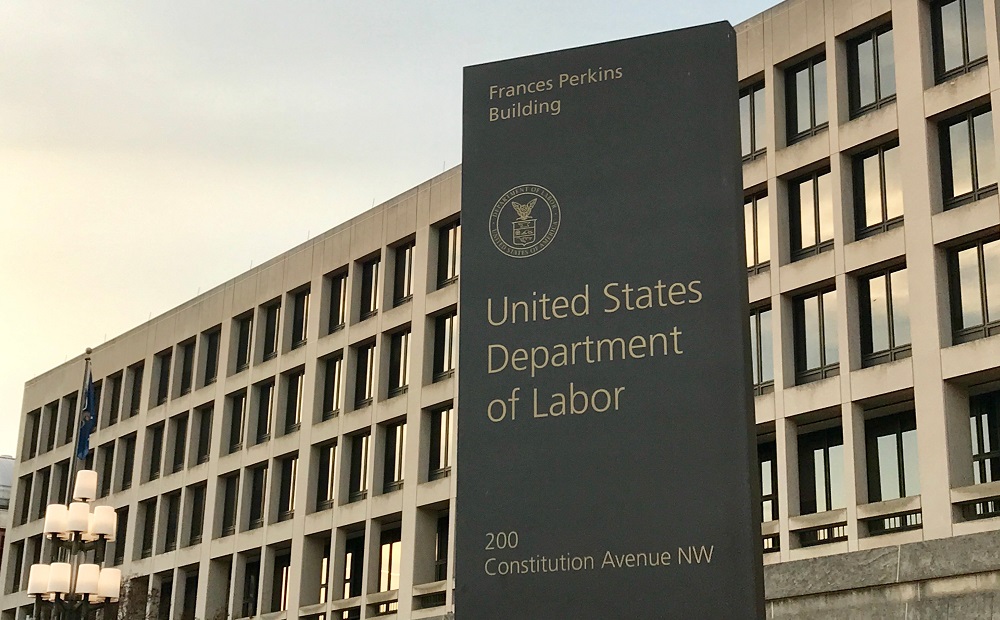On February 14, a subcommittee of the House Education & the Workforce Committee held a hearing on the Department of Labor’s (DOL’s) proposed new fiduciary rule. Generally, most witnesses and the subcommittee’s Republicans lambasted the proposed rule, saying it would adversely impact retirement savers.
Republican members of the Health, Employment, Labor, and Pensions Subcommittee argued the proposed new fiduciary rule would make financial advice on retirement savings issues and products more expensive and less accessible. They also challenged DOL’s authority to regulate individual (IRA) retirement products and practices, saying the scope of the agency’s regulatory authority is limited to plan sponsors. Also, the target of GOP criticism was the DOL process—subcommittee members said the comment period was too short and there was no coordination with state regulators on the subject.
Subcommittee Democrats, on the other hand, were generally supportive of the proposed fiduciary rule. They said they think the Securities and Exchange Commission’s (SEC’s) Reg BI does not go far enough because it does not apply to non-securities or to advice to plan sponsors. They also questioned the sufficiency of the National Association of Insurance Commissioners (NAIC) model rule because it does not cover compensation as an area of potential conflict of interest. In addition, questions were raised about the validity of cited studies documenting the adverse impact of the 2016 rule and potential impact of the proposed rule on low- and middle-income retirement savers.
NAIFA Secretary Chris Gandy submitted a statement opposing the rule for the record of the hearing on behalf of NAIFA.
Prospects: Most of the retirement savings community, including NAIFA, is in all-out opposition to the proposed fiduciary rule. Whether the industry’s input will result in modifications to the proposed rule is not yet known, but it looks unlikely that there will be much, if any, substantial change to it. Republicans vow to introduce a Congressional Review Act (CRA) motion to block the rule, but that cannot be done until the rule is finalized.
NAIFA Staff Contacts: Diane Boyle – Senior Vice President – Government Relations, at dboyle@naifa.org; or Jayne Fitzgerald – Director – Government Relations, at jfitzgerald@naifa.org; or Michael Hedge – Senior Director – Government Relations, at mhedge@naifa.org.






.png?width=600&height=90&name=Support%20IFAPAC%20%20(600%20%C3%97%2090%20px).png)
